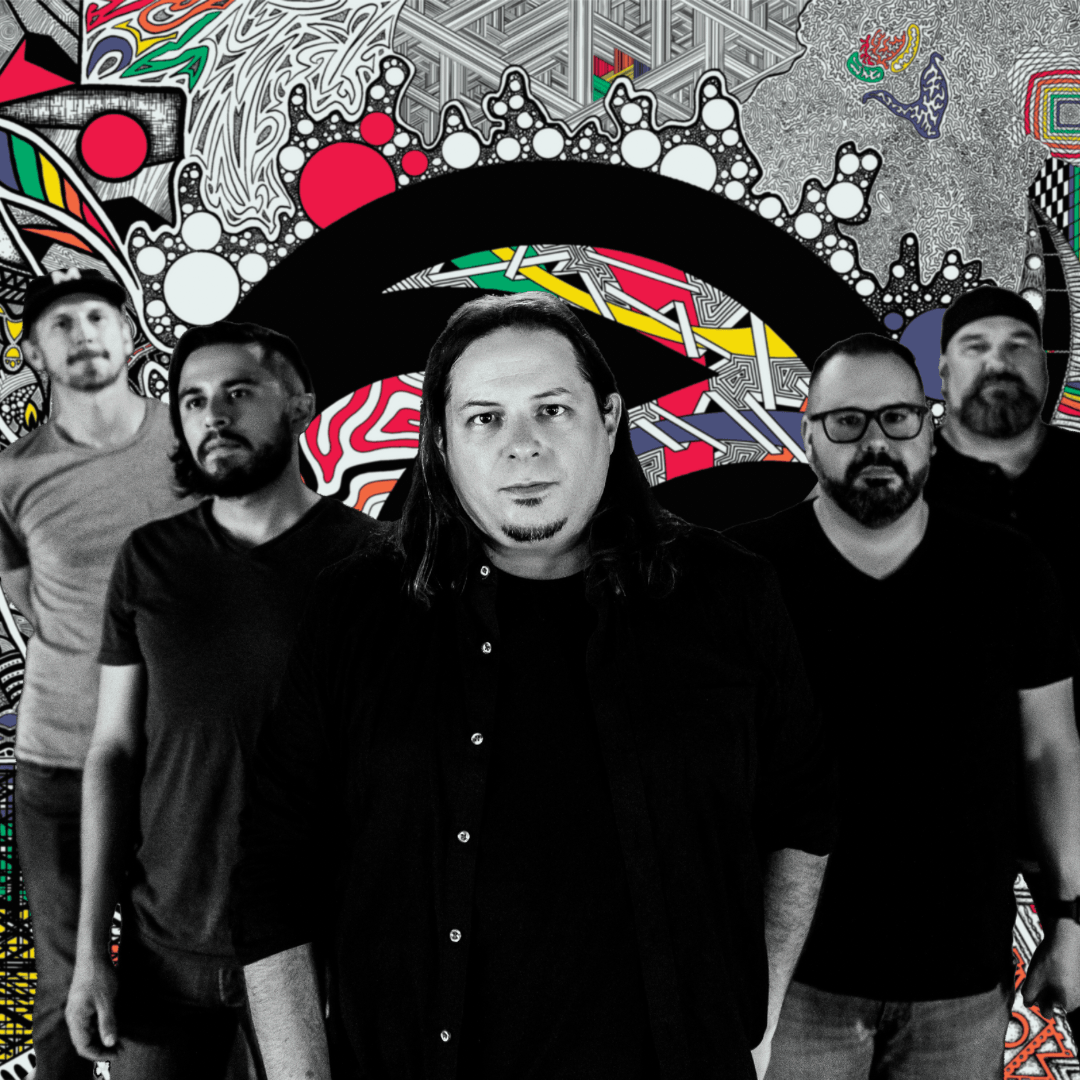We were lucky to catch up with Joel De La Garza recently and have shared our conversation below.
Hi Joel, thanks for joining us today. Let’s start with what makes profitability in your industry a challenge – what would you say is the biggest challenge?
The music industry thrives on creativity and connection, but profitability has become increasingly challenging, especially for artists and musicians. Today’s biggest hurdle to profitability in the music industry is the shift in revenue streams, the disruption of how music is acquired and discovered, the lack of a trusted source or monoculture for music discovery, and the overall undervaluation of music in the digital age.
Streaming’s Dominance and the Devaluation of Music
Streaming services, while making music more accessible and more easily discoverable, have drastically reduced per-unit revenue for most artists. Most artists earn fractions of a cent per stream, requiring millions of streams to make even the most modest income. For example, Spotify pays roughly $0.003 to $0.005 per stream, meaning even an artist with a viral hit might struggle to cover basic expenses if they don’t supplement income with touring, merchandise, or licensing deals. It has turned recorded music into a discovery vehicle, not how artists can recoup expenses and provide a revenue stream for themselves and their teams the way it once did.
An independent musician friend of mine, celebrated reaching 1 million streams of their debut album, only to find their earnings were barely enough to cover recording costs. This stark realization forced them to diversify their efforts, underscoring how music is now seen as a gateway rather than a primary income driver.
Over-saturation of the Market Without Trusted Curation
The democratization of music creation and distribution via platforms like YouTube, TikTok, and Bandcamp has created an overwhelming abundance of music. While this is positive for diversity and access, it makes it significantly harder for individual artists to stand out, build a meaningful and growing fan base, and earn a living. Couple that with the lack of a trusted source to provide a discovery engine the way that radio, MTV, and record stores once did and you have everyone retreating to the comfort of what they already know and like and not learning about new genres, new bands, and new music.
I’ve talked to many artists who have shared how they would spend months perfecting a single, or album, only for it to be drowned out amidst “the digital noise.” Despite receiving praise from their listeners, the smattering of local media coverage and airplay and the lack of consistent visibility on a larger targeted scale led to modest streaming numbers and missed financial opportunities.
The need for musicians and artists to become more savvy digital marketers and paid media experts – as well as the need for them to act as their own promo and PR teams is more significant now than ever. It’s a pretty daunting task when what you’re best at is creating your art – something that all artists feel on one level or another.
Costs of Creating and Promoting Music
The financial burden of producing music that meets today’s high standards—recording, mixing, mastering, and promotion—is significant. Independent artists often invest tens of thousands of dollars into an album, but find that recouping those costs is rare without the financial backing and network of label support, meaningful promotion, or a substantial fan base.
In 2019, we decided to self-fund our debut album. Covering the costs of recording, manufacturing, and promotion. Despite the hard work and planning, the album was shelved over three years due to COVID-19 delays. While it took another calendar year to begin to approach breaking even on the album, it left us rethinking our passion for creating the music we believe in without financial backing. We’ve decided to close ranks on all aspects and approach the entire process in a DIY fashion – reducing expenses, maintaining creative control on all aspects, and learning more about the evolving industry to have more power in reaching people – and when.
Shifting from Commerce to Passion for Authenticity
Given these challenges, profitability will take a backseat to authenticity and passion. The music that truly resonates with audiences (and isn’t just shoved down people’s throats by labels and corporations) comes from a deeply personal and authentic place, not from a calculation of commercial viability. For many artists, this means prioritizing their art even if it doesn’t translate to immediate financial gain.
The biggest challenge to profitability in music is the fundamental tension between art as a deeply personal expression and the commercial framework in which it exists. To sustain their careers, musicians increasingly rely on multiple revenue streams and, most importantly, their passion for creating something meaningful. In an era where recorded music is often undervalued financially, authenticity has become the most powerful currency an artist can possess in getting the “experience” of music out to the people.
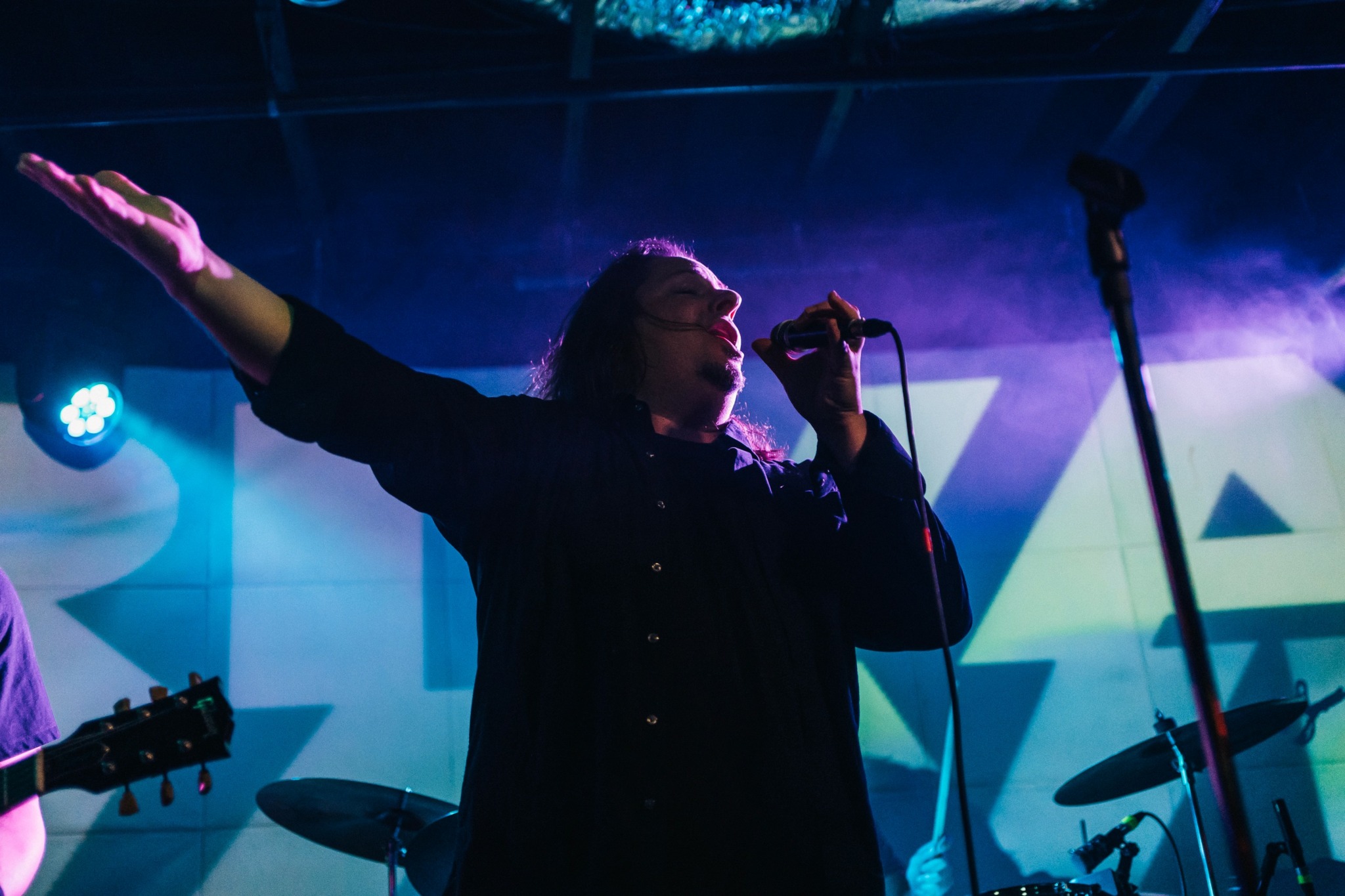
Joel, love having you share your insights with us. Before we ask you more questions, maybe you can take a moment to introduce yourself to our readers who might have missed our earlier conversations?
Rival Waves is a rock band from in Austin, Texas, combining the raw energy of alternative, hardcore, and classic rock to create powerful anthems infused with a vibrant, driving punk intensity. We pull inspiration from the snarl of early Foo Fighters, the politically charged lyricism of The Clash, and the distortion-soaked indie grit of Cloud Nothings. We seek to channel this fusion into music that resonates emotionally and viscerally, bridging the gap between art and audience.
The band began as a solo studio project that I started during graduate school at St. Edward’s University. During this time I was able to record with musical heroes and former members of Pearl Jam, Red Hot Chili Peppers, Hans Zimmer’s Orchestra, Linkin Park, Porno for Pyros, and more. Those efforts kickstarted what would become Rival Waves – culminating in the release of the 2018 EP, ‘TRANSDUCER.’ During this period, Guitarists Marc Schulz and Erik Salinas, drummer Paul Piñon, and bassist David McLeod, soon joined, evolving into the dynamic, collaborative unit we are today. Together, we’ve cultivated a sound that’s equal parts melodic, heartfelt, and explosively energetic—what we like to call “dangerous sonic electricity.”
At the heart of Rival Waves is a commitment to making music that captures the constant chaos and potential beauty of life. Our debut album, ‘A Meaningless Chaos’, produced by Grammy-nominated Chris “Frenchie” Smith, is an 11-track journey through the universal themes of love, loss, anger, fear, and release. It’s a raw and immediate response to the turbulence of the past few years (and the imminent instability to come), offering a cathartic release for anyone grappling with modern-day madness.
We’ve also worked hard to build a live presence that stands out. On Austin’s iconic stages—like Stubb’s, Mohawk, and 3TEN at ACL Live alongside international touring acts like King Gizzard and the Wizard Lizard, Bush and Blue October, our live shows bring an unrelenting energy that draws people in and leaves them craving more.
In a time when life can feel overwhelming and disconnected, Rival Waves provides a space for release and reflection. Our music is a soundtrack for anyone navigating the complexities of love, loss, or frustration with the world around them. We aim to inspire a sense of belonging and empowerment through songs that speak to universal struggles and the hope that exists within them.
We feel that our unrelenting authenticity sets us apart. Rival Waves is built on the belief that music should come from a real and honest place, and we don’t shy away from expressing the raw emotions and hard truths that define our lives. Our sound strikes a balance between heartfelt melodies and unyielding intensity, creating a unique blend that’s as cathartic as it is infectious.
Our collaborative spirit also sets us apart. From the songwriting process to our performances, every member of Rival Waves brings something essential to the table, making the final product more than the sum of its parts. Whether it’s in the studio or on stage connecting with fans, we’re fully invested in creating something that matters.
We’re incredibly proud of the community we’ve built around our music. Seeing our songs resonate with fans—whether it’s someone finding strength in our lyrics or feeling the collective energy at a live show—is what drives us. Bringing our music to life has been a defining moment for us as a band. ‘A Meaningless Chaos’ and the subsequent music we’ve released in 2024 capture who we are and the times we’re living in, and we’re so excited the world finally has a chance to hear it.
Ultimately, Rival Waves isn’t just a band; we’re a movement. We create music with purpose, energy, and heart, driven by a desire to connect with people on a deeper level. We hope you’ll join us as we continue to craft music that we think matters.
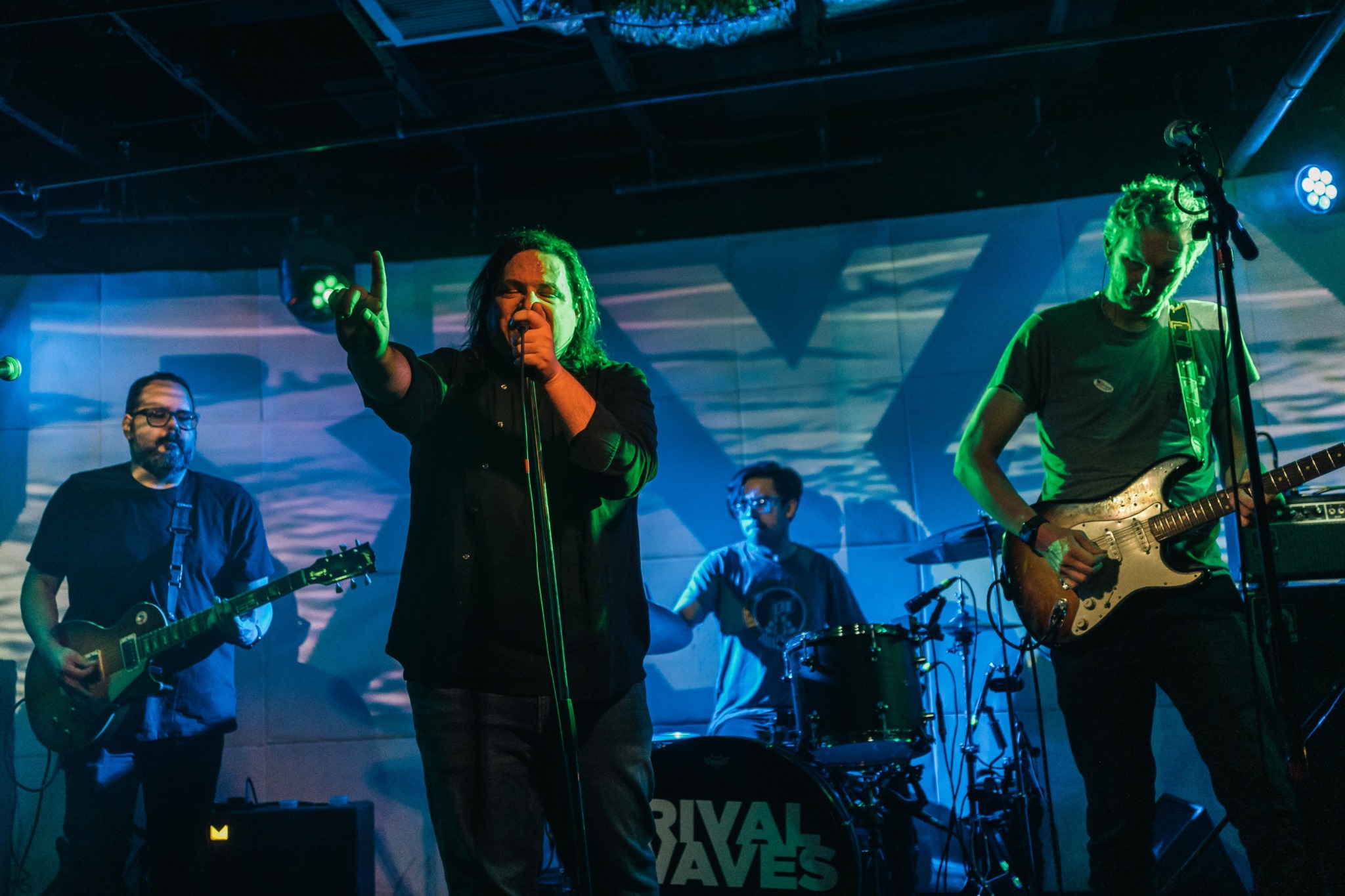
Can you share a story from your journey that illustrates your resilience?
Resilience is at the heart of Rival Waves, and no part of our journey highlights this more than the story behind our debut album, ‘A Meaningless Chaos.’
After a year of live performances, we recorded the album in December 2019 at The Bubble Recording Studios in Austin with Grammy-nominated producer Chris “Frenchie” Smith. It was an incredible experience—pouring everything we had into crafting an 11-track manifesto that captured the chaos of the world at the time. The songs were raw, urgent, and intensely personal, touching on themes of love, loss, fear, and anger. We felt the music was not only a reflection of the world around us but a cathartic response to it.
By early 2020, we were mixing the record and had big plans to release the album and follow it up with shows that would take us to crowds across the country and accelerate what we’d been building. Then COVID-19 hit. Like so many others, our world stopped. Suddenly, live music was off the table, venues were shuttered, and the industry was in a tailspin. Releasing ‘A Meaningless Chaos’ in the middle of a global pandemic didn’t feel like the right move, and the uncertainty of the moment forced us to press an open-ended pause on our plans.
It wasn’t just frustrating; it was heartbreaking. We’d put so much of ourselves into this album, and the delay felt like watching our hard work fade into the background. But rather than let it break us, we decided to adapt. The pandemic gave us time to revisit the album and focus on the bigger picture. We used the downtime to connect with fans online, refine our sound, and build the foundation for a stronger return.
When we finally released ‘A Meaningless Chaos’ to an amazing 3TEN at Austin City Limits crowd in August 2023, the album felt more relevant than ever. The “chaos” we wrote about in 2019 had only intensified, and the songs had become a touchstone for navigating the modern world. The delay, while difficult, gave us the perspective and resilience to appreciate the album even more—and to appreciate the people who stuck with us during those years.
Ultimately, resilience isn’t about avoiding setbacks; it’s about how you respond to them. For Rival Waves, ‘A Meaningless Chaos’ is a testament to perseverance and the belief that the right moment will come if you stay the course.

Do you have any insights you can share related to maintaining high team morale?
As someone who wears many hats—frontman for Rival Waves, founder of Lunar Drive Records, and leader of a DIY-driven team—I’ve learned that managing a team and keeping morale high requires a mix of clear communication, shared purpose, and adaptability. Here’s what I’ve found works best, particularly in the unique, fast-paced world of being a DIY band and creative entrepreneur:
1. Be Clear In Your Vision and Empower Ownership
Every member of Rival Waves understands our larger vision: we’re here to create meaningful art, build a community, and stay fiercely independent while doing so. It’s essential to make sure everyone feels like an integral part of that mission. Whether it’s manufacturing vinyl, promoting a show, or coordinating rehearsals, I encourage everyone to take ownership of their role and bring their ideas to the table. Empowering the team to contribute beyond their primary responsibilities gives them a sense of purpose and connection to the bigger picture.
2. Be Transparent and Organized
Balancing five schedules for booking shows, rehearsals, recording, and band meetings can be a logistical headache, but clear communication solves a lot of problems. I make sure everyone knows what’s happening and why. For example, if we’re blocking out time for a rehearsal or pushing a deadline on production, I’m upfront about how it ties into our goals. We rely heavily on shared tools like Google Calendar and group chats to keep everyone aligned. Planning ahead as much as possible minimizes surprises and helps everyone stay focused.
3. Be Adaptable
As a DIY band, things don’t always go as planned. An opening band may cancel, a promotional opportunity may fall apart, or a batch of merch might not arrive on time. Maintaining high morale means staying calm and flexible when things go sideways—and leading by example. If I show that I’m ready to roll with the punches and look for solutions, it sets the tone for the whole team. A sense of humor helps, too—if we can laugh about the challenges, they don’t feel as daunting.
4. Celebrate the Wins (Big and Small)
Whether it’s hitting a milestone like celebrating the release of ‘A Meaningless Chaos’, scoring a playlist that helps us drive over 100k Spotify streams for our latest single “SLANT”, or simply pulling off a killer rehearsal, I make it a point to acknowledge everyone’s contributions and celebrate what we’ve achieved. The work can feel endless in our setup, so it’s crucial to pause and recognize progress. It boosts morale and reminds everyone why we’re putting in the effort.
5. Encourage Balance and Respect Everyone’s Time
As passionate as we are about Rival Waves, it’s important to remember that everyone has lives outside the band. Balancing schedules means respecting each person’s commitments and ensuring the workload doesn’t become overwhelming. If someone’s feeling stretched too thin, I make space for that conversation and look for ways to share the load. Taking breaks when needed helps everyone stay energized and prevents burnout.
6. Lead with Enthusiasm and Gratitude
As the leader, my attitude sets the tone. I always try to approach what we’re doing with enthusiasm because that energy is contagious. At the same time, I make it a point to express gratitude—to the band, to our collaborators, and to our fans. Knowing that their efforts are appreciated keeps everyone motivated and invested in what we’re building.
Ultimately, being DIY isn’t just necessary for us; it’s part of our identity. The entrepreneurial spirit of Rival Waves thrives on collaboration, creativity, and the shared belief that we can make something extraordinary together. Managing a team in this environment isn’t always easy, but when you’re aligned on your goals and genuinely enjoy working together, the challenges become part of the adventure.
Contact Info:
- Website: https://rivalwaves.com/links
- Instagram: https://instagram.com/rivalwaves
- Facebook: https://facebook.com/rivalwaves
- Twitter: https://twitter.com/rivalwaves
- Youtube: https://youtube.com/c/rivalwaves
- Soundcloud: https://soundcloud.com/rivalwaves
- Other: https://rivalwaves.com/
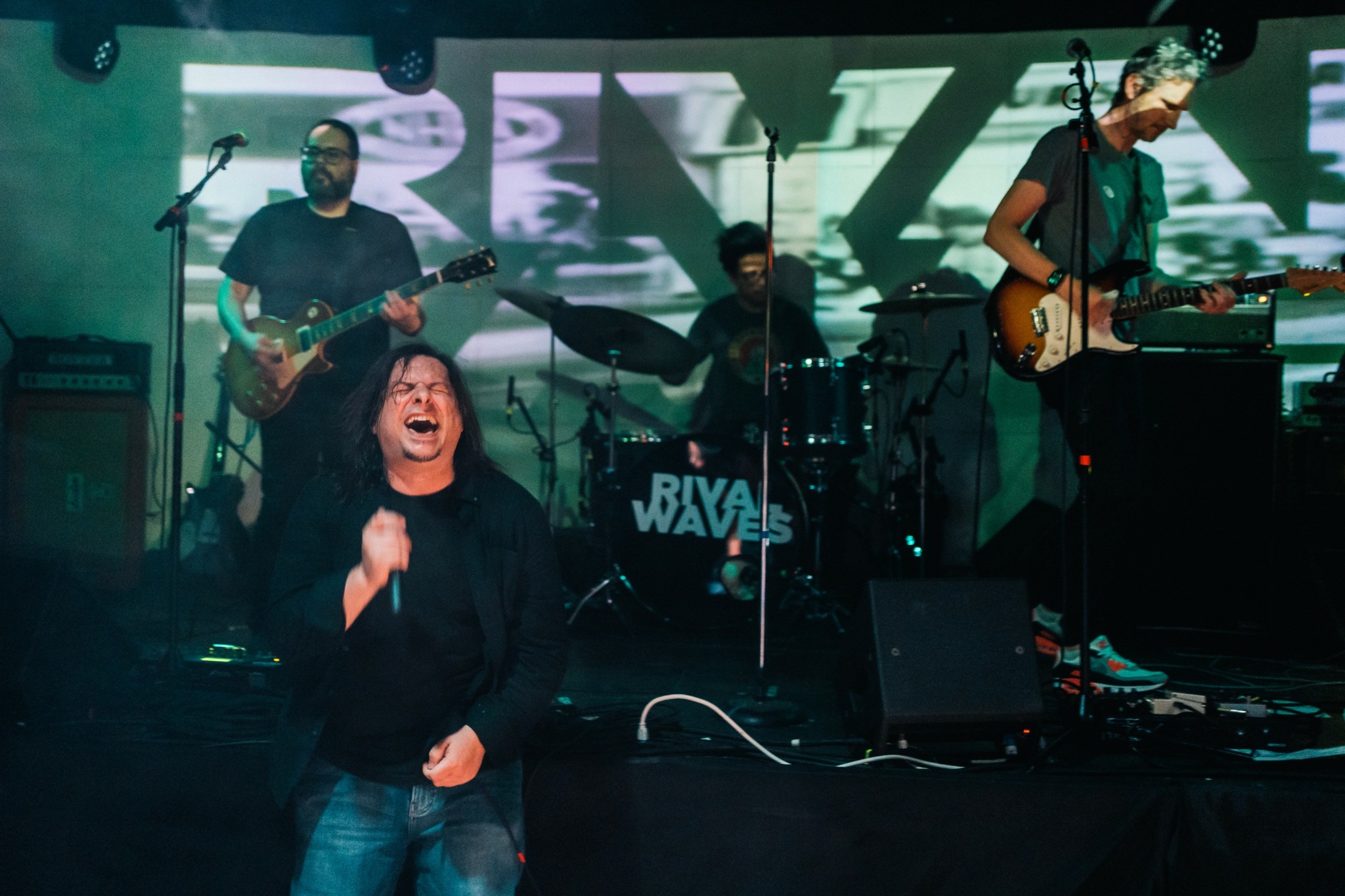
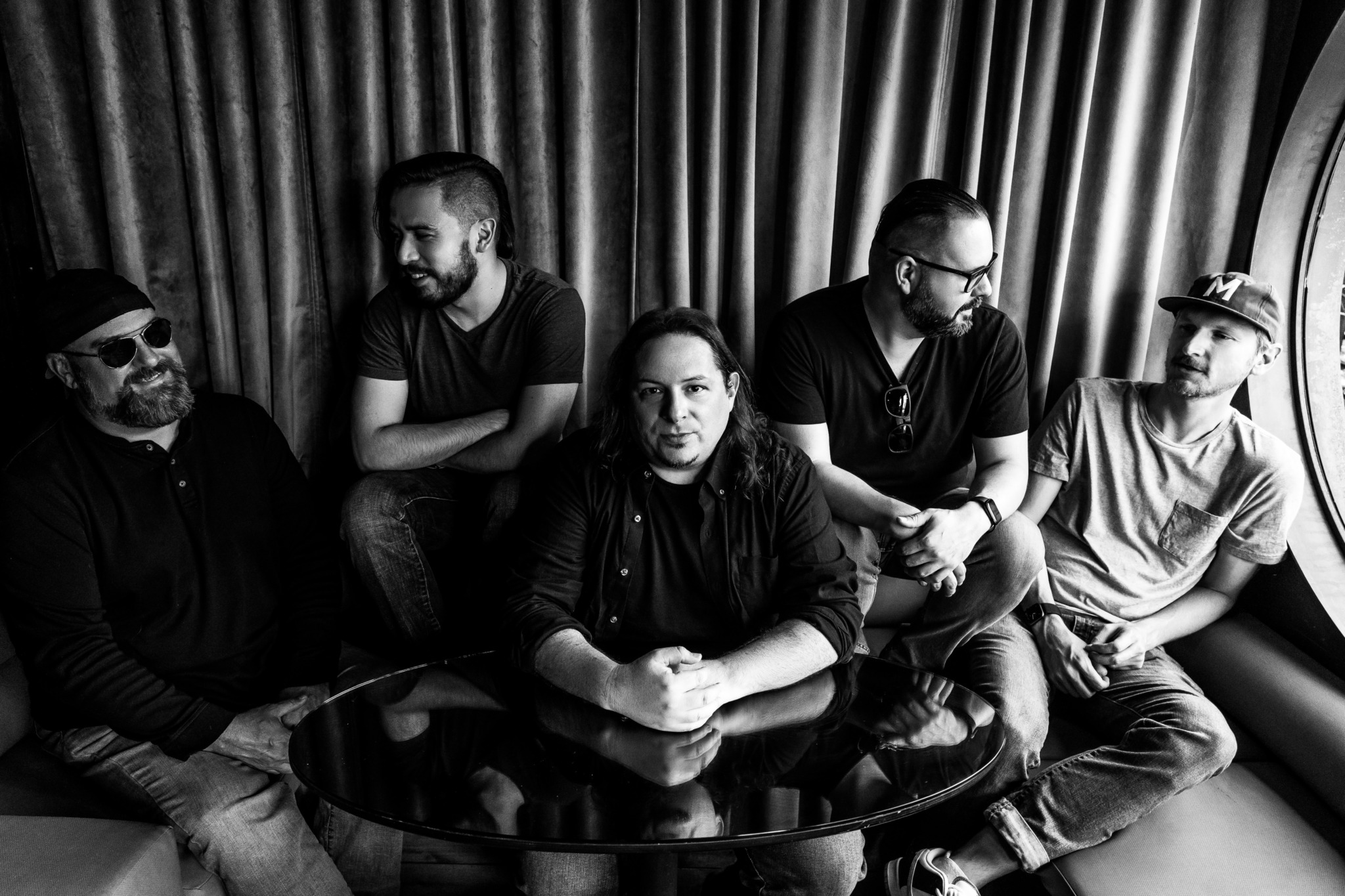
Image Credits
Daniel Cavazos


